PROJECT DESCRIPTION



The current project continues with the language documentation efforts carried out from 2015 in various partial activities funded by the Technical University of Liberec and later, from 2018 to 2020 developed in the project: Mobility MSCA Technical University of Liberec implemented in cooperation with CIDLeS.
Primary data
All information published about A Fala is based on recordings of native speakers, and texts in one of the three varieties of the language or communication with the community members. This data is stored in a Database, which can be downloaded from this page.
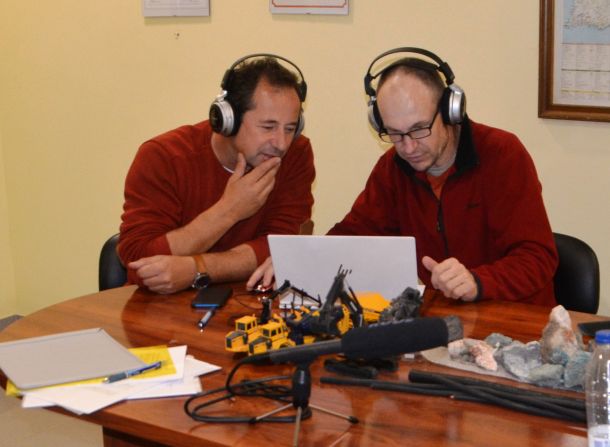
Community Based Research
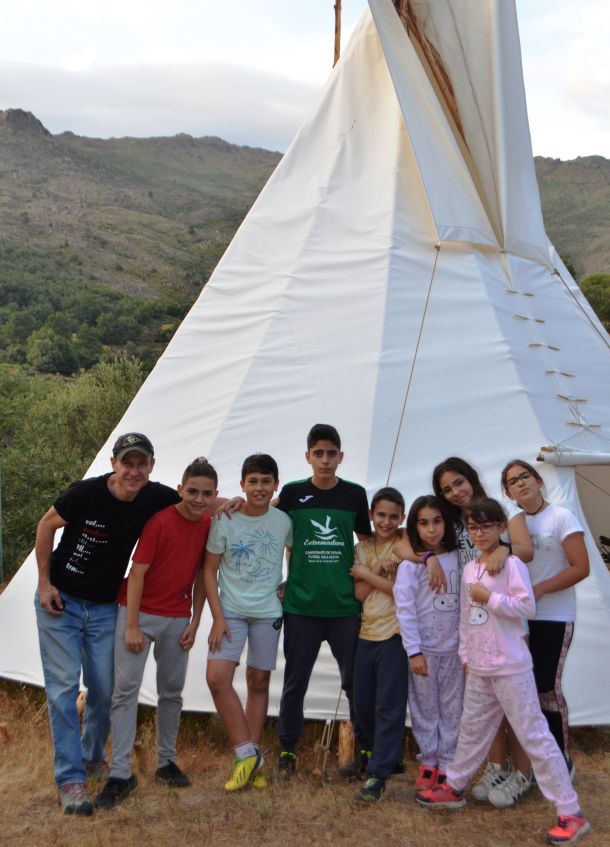
Lexicography
The main output of the previous project was the publication of the dictionary with more than 13 000 entries: Diccionariu de A Fala: lagarteiru, mañegu, valverdeñu. Nevertheless, as it is the first dictionary of the language, it will require editing and addition of words that have not been registered so far. Another aspect to be developed is the electronic version of the dictionary for all platforms.
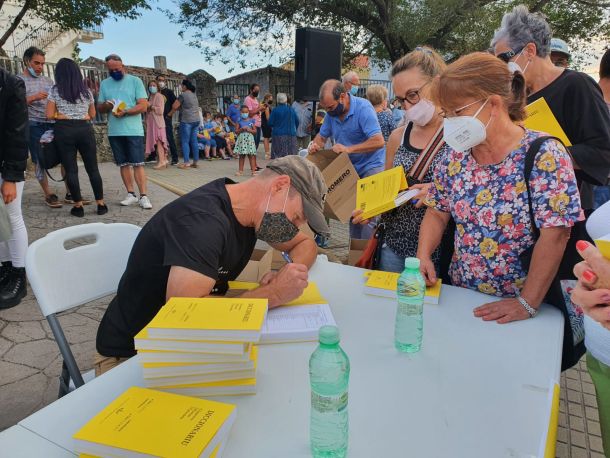
Linguistics
The grammar of A Fala has not been described up to now and for that reason one of the project objectives is to provide the language with an adequate description of its phonological, morphological and syntactical structure. This description will take full advantage of the Database, Dictionary and the previous stages of the research.The linguistic part of the project also focuses on sociolinguistic aspects, speakers' attitudes towards the language and the relationship between language and identity.
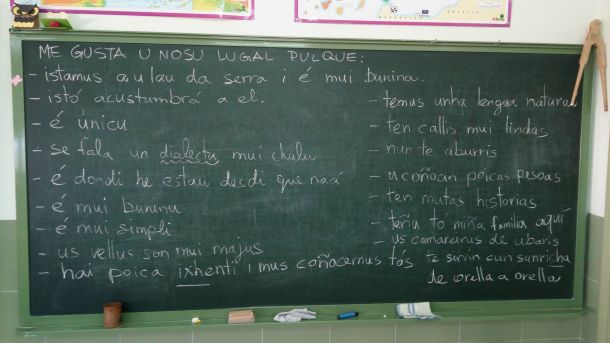
Ethnography
The traditional material culture has been gradually disappearing and the language related to it is disappearing too. The documentation of terminology related to various semantic domains, e.g. crafts, tools, nature, etc., is one of the partial objectives of this project. This part has a working label: Wörter und Sachen (Palabras i coixhas) even though it does not follow the linguistic school of the beginning from the 20th century.
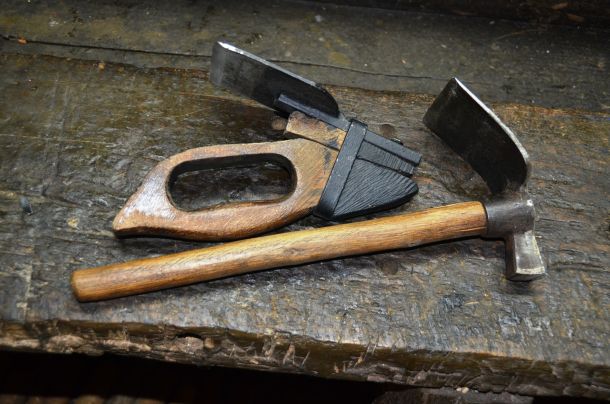
All these activities should facilitate revitalization of A Fala, emancipate it as a language of written communication, create conditions for its implementation in education and contribute to the preservation of European cultural diversity.


